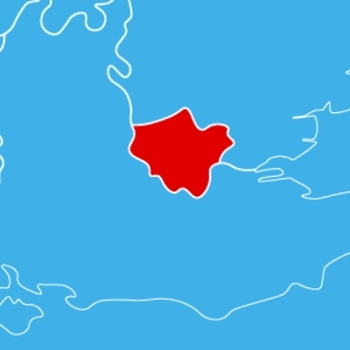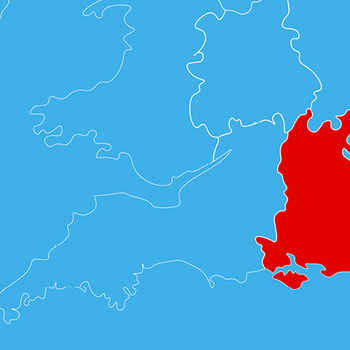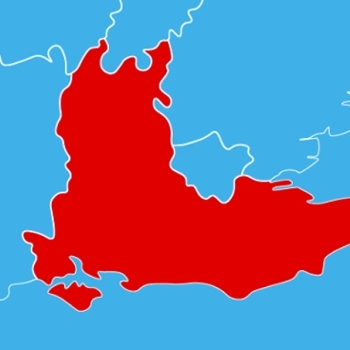Developing Porous Microspheres from Bioactive Glasses for Biomedical Applications
Add to calIOM3, 297 Euston Road, London NW1 3AD
Developing Porous Microspheres from Bioactive Glasses for Biomedical Applications
Dr Ifty Ahmed, University of Nottingham
This is hybrid in-person/online event, please sign up using the relevant link below:
ONLINE: www.eventbrite.co.uk/e/developing-porous-microspheres-from-bioactive-glasses-online-tickets-306460259887
IN-PERSON: www.eventbrite.co.uk/e/developing-porous-microspheres-from-bioactive-glasses-tickets-306455305067
Doors open at 18:00 for 18:30 talk start.
Developing Porous Microspheres from Bioactive Glasses for Biomedical Applications
Bioactive glasses were initially developed by the late Professor Larry Hench from silicates focusing on bone repair applications. More recently both borates and phosphate glasses have also been explored for similar biomedical applications. Phosphate glasses are unique in that they are totally resorbable and their degradation profiles can be controlled. These glass-based biomaterials offer wide ranging and controlled resorbtion profiles (from day/s, week/s to many months) by simple manipulation of their formulations. The principal chemical constituent of bone mineral is calcium phosphate, and the glasses produced mainly contain P2O5, CaO and Na2O.
Dr Ahmed has developed (and patented) the process for manufacturing highly porous glass microspheres from the above materials via a flame spheroidisation process. These microspheres are up to 80% porous and have fully interconnected porosity and are produced utilising a novel single-stage microsphere manufacturing process which can achieve a lab-scale production of between 1-2 kg/h.
More recently, new data from the group will show that it is also possible to manufacture composite microspheres utilising this manufacturing process. The applications for these materials can span orthobiologics, regenerative medicine, dentistry, drug delivery inc oncology and we are now also exploring applications for these materials outside the biomedical area.
Bio:
Dr Ifty Ahmed is an Associate Professor at the University of Nottingham, based within the Faculty of Engineering, Advanced Materials Research group. His initially focused on the development of resorbable phosphate-based glasses and glass fibres for biomedical applications, based at UCL’s Biomaterials and Tissue Engineering Group. Dr Ahmed was appointed as Assistant Professor in Sept 2013 and promoted to Associate Professor in Aug 2015. Dr Ahmed has developed his own laboratories at Nottingham where he can manufacture fibres from glass-based materials and more recently has developed flame spheroidisation processes to manufacture sild (dense) and highly porous microspheres.
Dr Ahmed has thus far mentored 5 postdoctoral researchers, successfully managed 26 PhDs to successful completion, has published over 140 journal publications, 6 book chapters, 2 patent applications and over 135 conference presentations. He was also the first recipient of the ‘Larry Hench Young Investigators Award’ in recognition of outstanding and innovative contributions in Biomaterials research.




